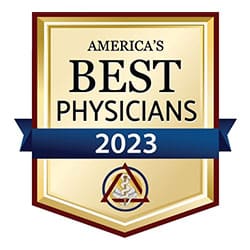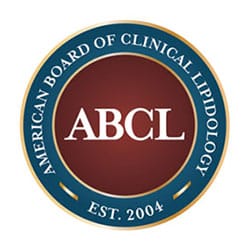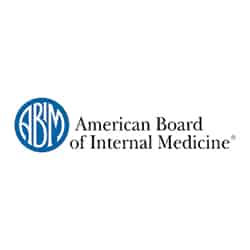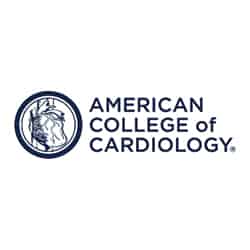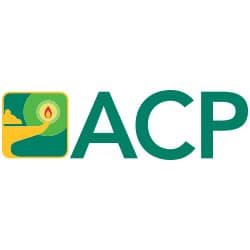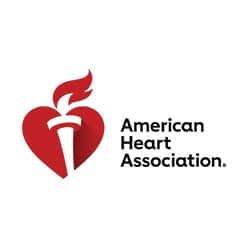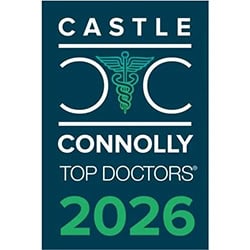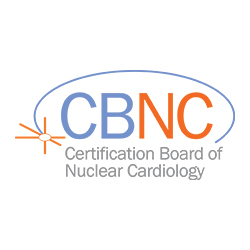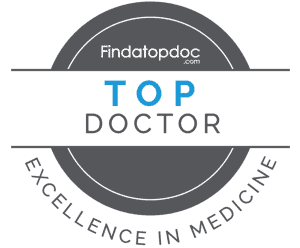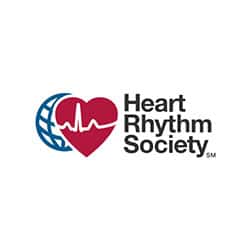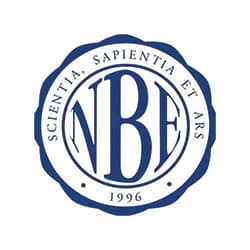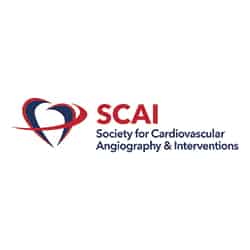What is Arrhythmia?
An arrhythmia is a problem with the rate or rhythm of your heartbeat. It means that your heart beats too quickly, too slowly, or with an irregular pattern.
There are three common kinds of arrhythmia. A heartbeat faster than normal is called tachycardia. When the heart beats too slowly, we call that bradycardia. The most common type of arrhythmia is atrial fibrillation, which causes an irregular and fast heartbeat.
What are the symptoms of Arrhythmia?
Symptoms can include:
- Fast or slow heartbeat
- Heart skips beats
- Lightheadedness/dizziness
- Chest pain
- Shortness of breath
- Sweating
What causes Arrhythmia?
There are many factors that can affect your heart’s rhythm. These include a heart attack, smoking, congenital heart defects, and stress. Some substances and medicine may also cause arrhythmia.
To learn more about the biology behind arrhythmia, we recommend the American Heart Association’s page.
How can I get tested for Arrhythmia?
St. Louis Heart and Vascular offers a variety of tests to determine if you have an irregular heartbeat.
- Holter monitor – this is basically a small, portable EKG machine. It records the electrical signals coming from your heart and provides your doctor with a “movie” of the heart’s electrical activity (compared to an EKG reading, which is basically like a still photograph of the electrical activity).
- Event monitor – also known as a transtelephonic monitor or cardiac event recorder, this is a small device attached with bracelets, finger clips or patches that records your electrical activity and sends it to the doctor.
- Treadmill testing – sometimes called a stress test, this can help diagnose people whose suspected arrhythmias are exercise-related.
- Tilt-table test – this may be suggested if you’ve suffered fainting spells. It reveals how your heart rate and blood pressure respond when changing positions from lying down to standing up.
- Electrophysiologic testing – also known as an EP study, this is a minor invasive procedure that measures the electrical signals from within the heart using temporary electrodes.
- TEE (Transesophageal Echocardiogram) – a thin, flexible catheter is inserted into your nostril and positioned in your esophagus so that it’s closer to your heart while performing an EKG measurement.
- TTE (Transthoracic Echocardiogram) – much like an ultrasound, a TTE uses sound waves to measure your heart’s size, structure, and motion.
What treatments are available for Arrhythmia?
St. Louis Heart and Vascular offers a variety of options to treat the different kinds of arrhythmia.
- Antiarrhythmic Medications – various prescription medicines, such as beta-blockers, are available for use of your doctor feels this will be a benefit.
- Cardioversion – this is known as defibrillation in emergency, life-saving situations such as a heart attack. It can also be a planned procedure by your doctor to “shock” your heart back into a normal rhythm.
- Catheter Ablation – a procedure done under “moderate” sedation (where you are awake but cannot feel any pain), catheters are used to stop arrhythmias from spreading from one area of the heart to another.
- Defibrillators – similar to cardioversion, but with this procedure, a device is inserted in your chest to automatically send a shock to your heart when necessary to maintain your normal heartbeat. This is common in patients with severe arrhythmias that may cause sudden cardiac emergencies such as heart attack.
- Pacemakers – A pacemaker helps control abnormal heart rhythms. It uses electrical pulses to prompt the heart to beat at a normal rate. It can speed up a slow heart rhythm, control a fast heart rhythm, and coordinate the chambers of the heart.
SLHV is here to help with your Arrhythmia
St. Louis Heart and Vascular features two clinical cardiac electrophysiologists (also called EP physicians) who are experts in their field. Dr. Saul Kalvaitis and Dr. Dennis Glascock specialize in treating arrhythmias with all of the possible treatments listed above. We also have a fully-staffed Arrhythmia Center open 24/7/365 to monitor our patients’ devices. To make an appointment with Dr. Kalvaitis or Dr. Glascock, please contact our office at (314) 741-0911 today.

